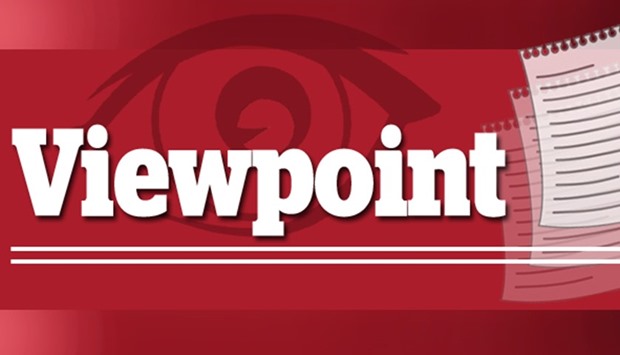The proposed trade agreement between the European Union and the United States - the Transatlantic Trade and Investment Partnership (TTIP) - has run into rough weather after France has threatened to block the deal.
French officials said negotiations between the US and EU are “likely to stop” amid “significant disagreements” between the two sides over the free-trade agreement.
President Hollande has said he will “never accept” the deal in its current form because of the rules it enforces on France and the rest of Europe - particularly in relation to farming and culture, claiming they are “too friendly” to US businesses.
The Transatlantic Trade and Investment Partnership was expected to be concluded by end-2014, but now economists say it could still take several years to negotiate.
TTIP is primarily a deal to cut tariffs and regulatory barriers to trade between the US and EU countries, making it potentially easier for companies on both sides of the Atlantic to access each other’s markets.
Industries it would affect include sectors such as pharmaceuticals, automotive, energy, finance, chemicals, clothing and food and drink.
All 28 EU member states and the European parliament would have to ratify TTIP before it comes into force, after 13 rounds of negotiations spread over nearly three years.
If approved by the US and EU politicians, TTIP would be the biggest agreement of its kind, covering around a quarter of global trade.
However, TTIP has drawn increasing scrutiny for the reported secrecy involved in its negotiation, as well as the way in which governments and companies might settle disputes under the terms of the deal.
Recently, Hollande was quoted as saying at a meeting of left-wing politicians in Paris: “We will never accept questioning essential principles for our agriculture, our culture and for the reciprocity of access to public procurement markets.”
The ongoing talks to clinch the deal by the year-end received another setback after the contents of the proposed partnership were leaked and published by non-governmental environmental organisation Greenpeace a few days ago.
Critics argue the negotiations have been thrown into further doubt now that the public has actually gotten to see what is being proposed by both sides.
They complain that the contents were kept completely secret from both ordinary Europeans and Americans, yet were easily accessible to giant corporations.
That said, both President Barrack Obama and Prime Minister David Cameron insist that TTIP is good for the bilateral trade between the United States and the UK.
The bi-lateral deal, according to the UK government, could add as much as £10bn annually to the UK economy in the long term. It also said the deal could add £100bn for the EU and £80bn for the US.
Obama has said completing TTIP with the European Union is a priority for his country while Cameron maintains that a trade deal between the EU and US is not dead despite France threatening to veto the proposal in its current form.

